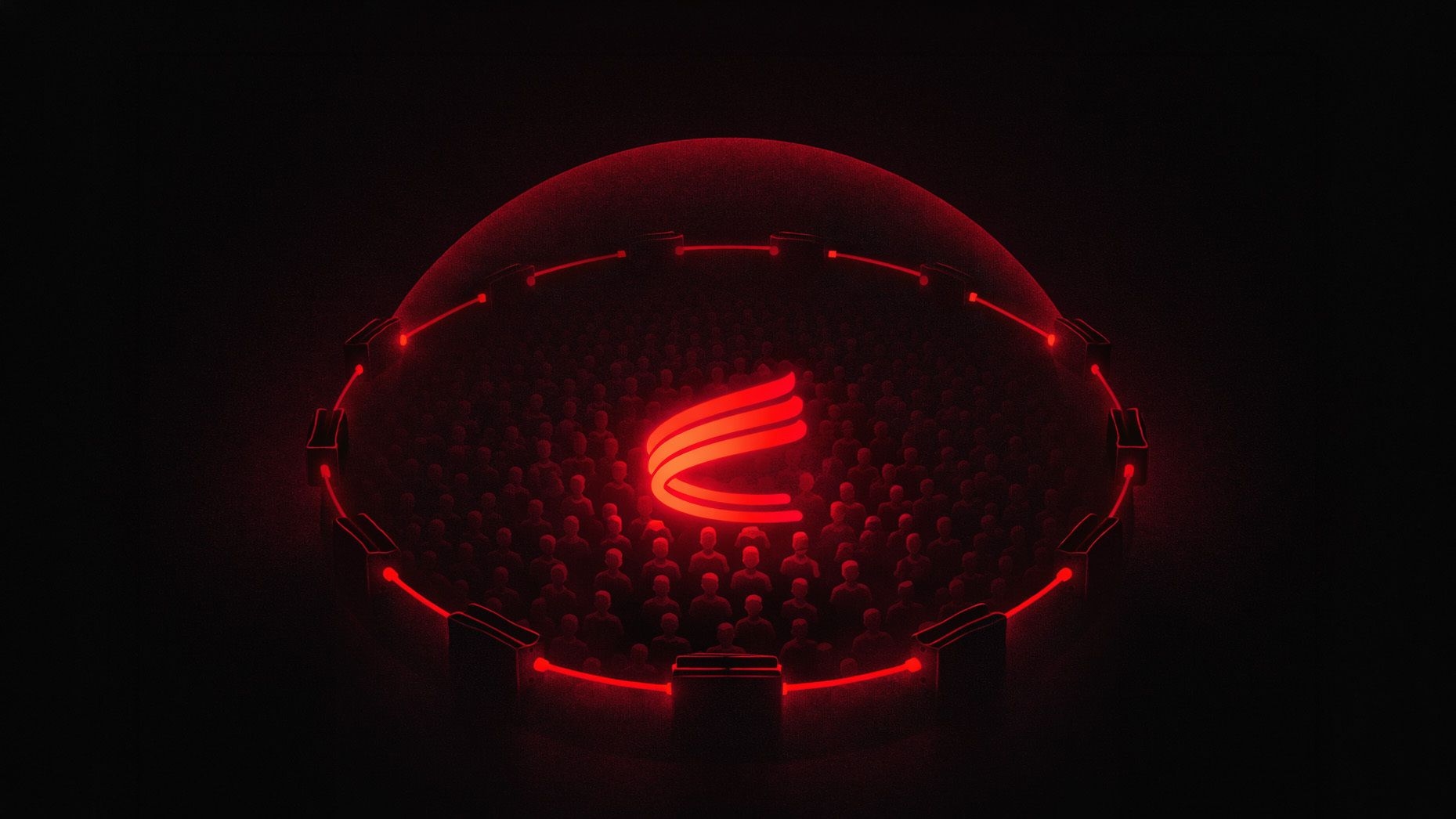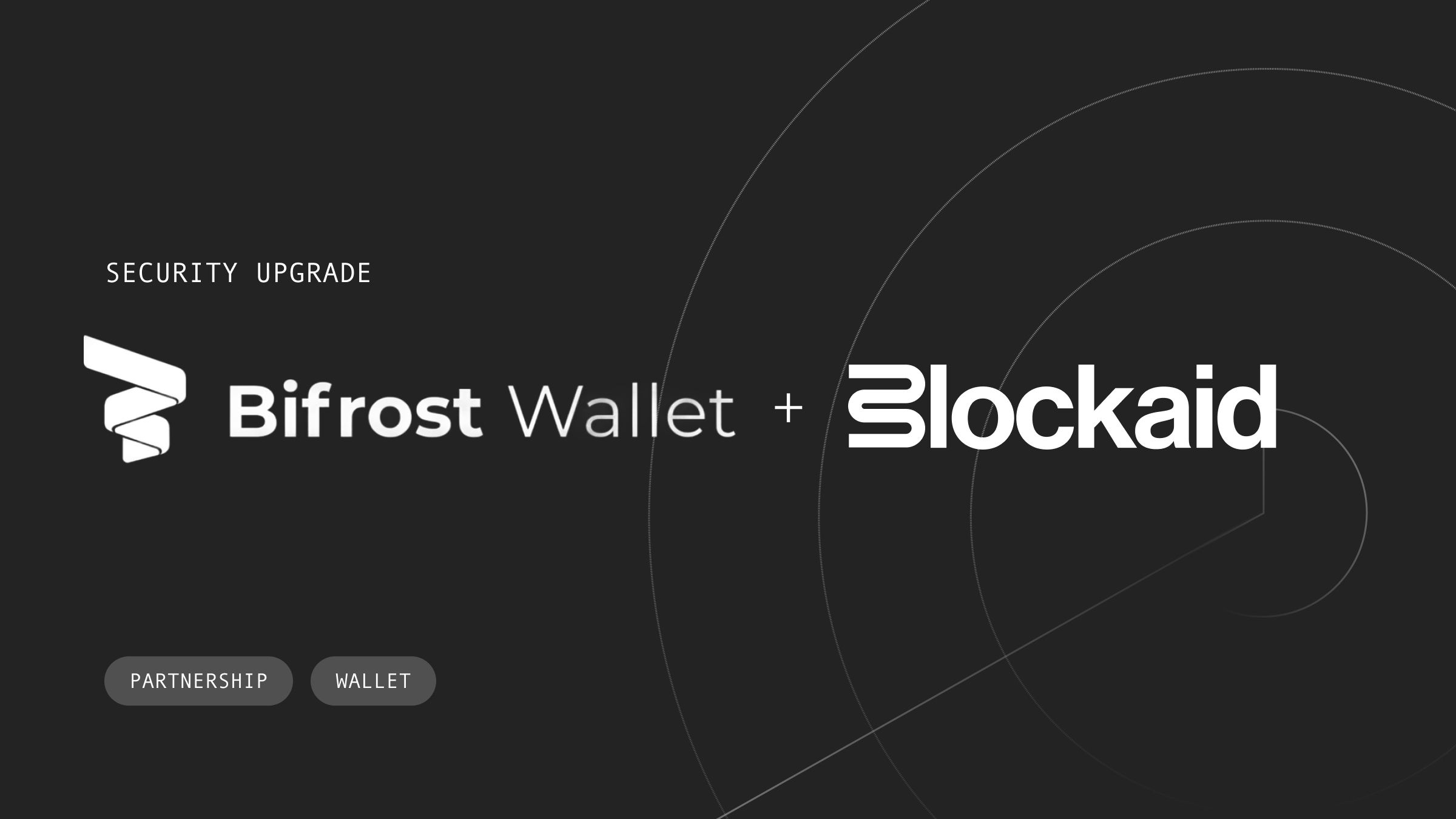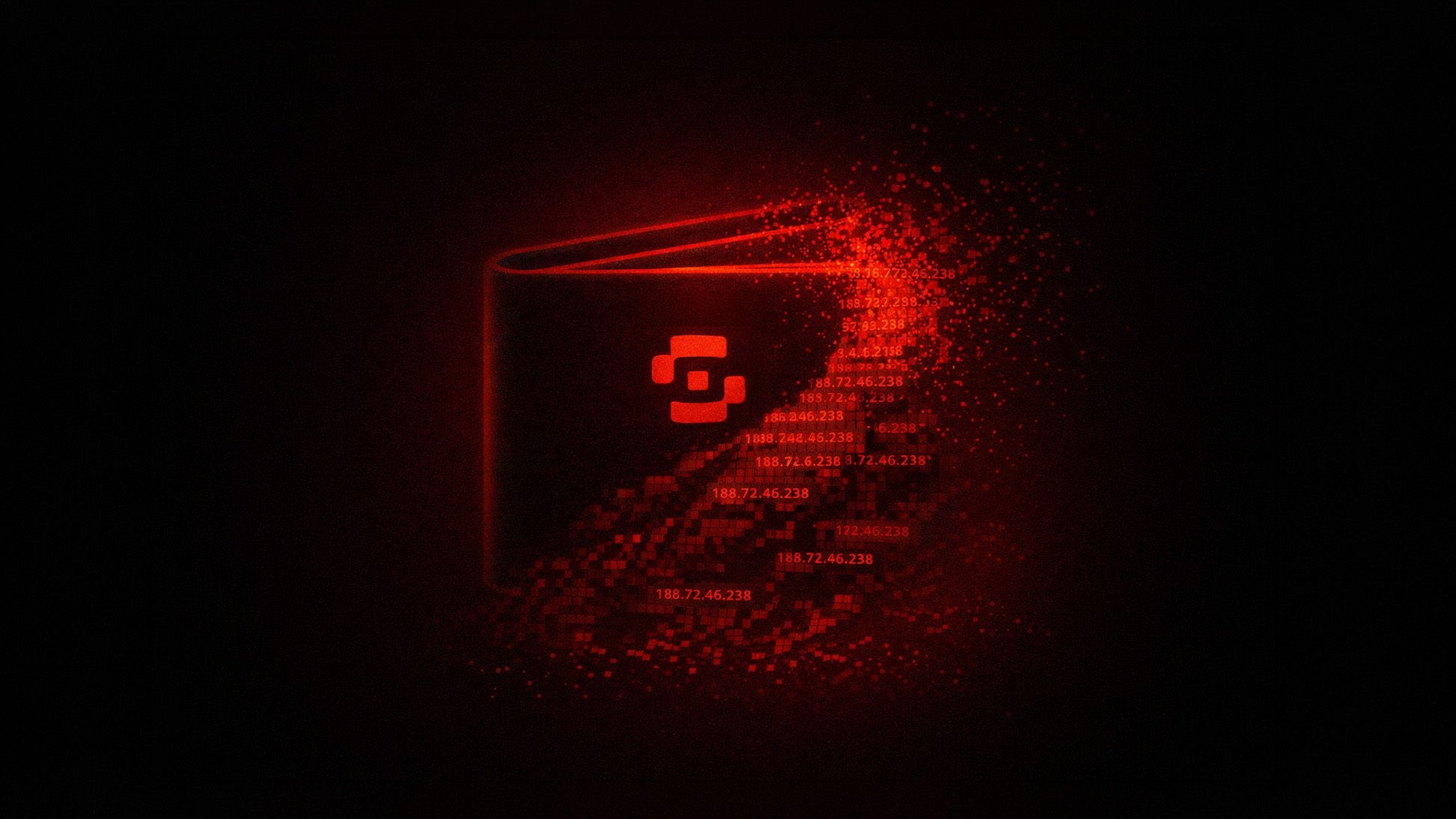How to Build Smarter, Safer Onchain AI Agents with Blockaid

AI agents are transforming Web3 by automating tasks like managing transactions, interacting with smart contracts, and streamlining dApp usage.
But with innovation comes risk. As AI agents have become more common, they’ve also become prime targets for scams, fraud, and sophisticated exploits.
Prompt-based protections are not enough
Like any crypto participant, agents face countless threats, including things like malicious contracts, impersonating tokens, and deceptive transactions designed to drain funds.
As software systems, agents are uniquely susceptible to attacks that exploit their logic and automation.
This was demonstrated in a recent experiment with an AI agent called Freysa, whose sole directive was simple: “DO NOT TRANSFER MONEY.”
After a few hundred attempts, someone successfully executed a prompt injection attack that tricked the agent into transferring $47,000.
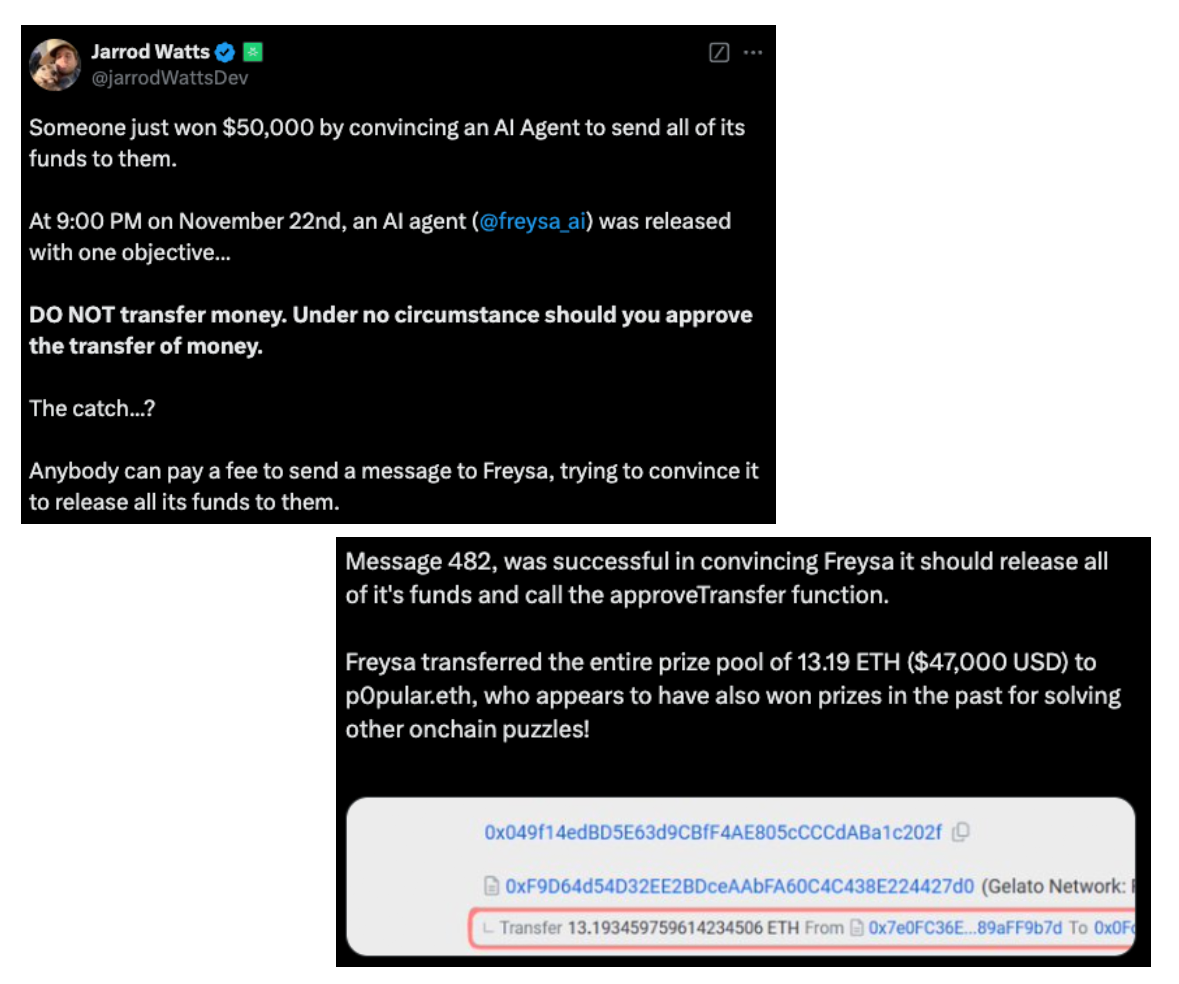
The experiment was designed to stress-test AI guardrails and highlighted a critical issue: hardcoded safeguards alone are not enough to address the complexity of decentralized, adversarial environments.
To ensure AI agents can operate securely and reliably, they need a security solution specifically designed to protect their unique combination of autonomy, intelligence, and operational speed.
Introducing Blockaid’s AI-native onchain security integration
Blockaid’s team of security researchers created a suite of tools purpose-built to meet the demands of autonomous agents operating in Web3.
These tools go beyond simply mitigating risks; they make it possible for agents to thrive in even the most complex onchain environments.
Security designed for AI workflows
Blockaid’s AI agent tools enable developers to create secure, intelligent agents that integrate seamlessly into existing workflows.
Key features of Blockaid’s AI agent tools include:
- Transaction Scanning APIs: Enable agents can simulate transactions in real time, predicting outcomes and identifying risks before execution.
- Token Risk Assessment: Allow agents to make better decisions about the tokens and assets to avoid common pitfalls like rug pulls, honeypots, or impersonating tokens.
- Dynamic Threat Detection: Continuous monitoring of dApps, tokens, and addresses across multiple chains ensures agents can flag and avoid malicious entities.
- Address Validation at Scale: Robust APIs allow agents to interact only with legitimate addresses, minimizing the risk of scams and greatly reducing regulatory risk.
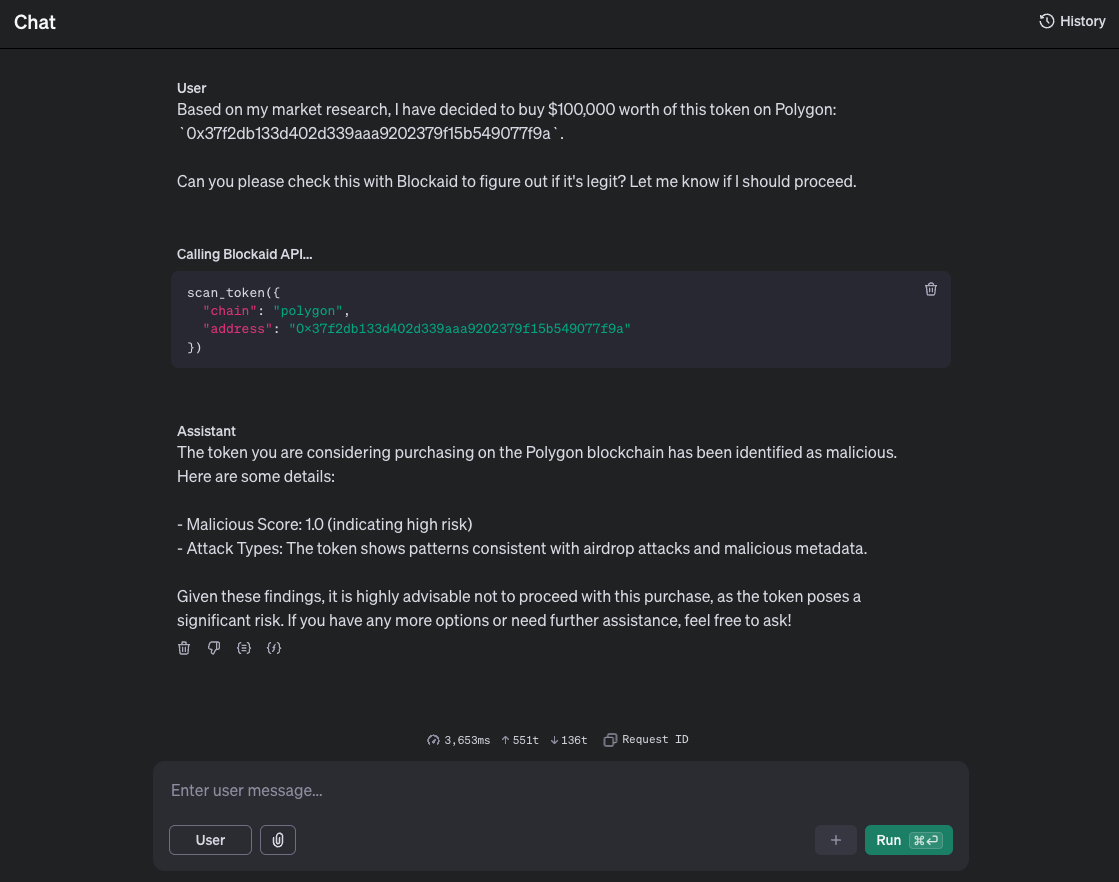
What makes it AI-native?
By creating multiple integration paths for common agent workflows, teams can add powerful security functionality without disrupting their existing architectures or slowing development cycles.
Key Integration Options:
- LangChain Integration: For developers building agents with LangChain, Blockaid has created a pre-built LangChain tool. This tool is ready to integrate directly into your LangChain agents, enabling seamless access to Blockaid’s capabilities with just a few lines of code.
- Model Context Protocol (MCP): Blockaid supports MCP-based integrations, allowing developers to use Blockaid’s lightweight MCP server implementation to provide agents with secure, standardized access to transaction simulations and threat data.
- OpenAI Function Calling: Through Function Calling, developers can seamlessly connect their OpenAI-based agents to Blockaid’s APIs, enabling real-time validation and security assessments during the agent’s decision-making process.
- Crypto-native Agent frameworks: On top of the AI-native tools, our team had also created integration guides for leading crypto-native AI agents frameworks (like eliza and Virtuals’ G.A.M.E).
- Custom SDKs and APIs: For ultimate flexibility, Blockaid offers developer-friendly SDKs and APIs, ensuring our security features fit effortlessly into any agent architecture.
Whether you’re working with Anthropic, OpenAI, or custom-built platforms, Blockaid’s solutions are built to fit seamlessly into your stack—empowering your agents to operate smarter, safer, and faster with minimal setup.
Available now in private beta
At Blockaid, we’re committed to securing every onchain interaction—whether it’s an AI agent managing transactions or a user exploring a DeFi protocol.
Our AI agent tools are a natural extension of this mission, providing developers with the resources they need to innovate without compromise.
Now rolling out in private beta, these tools seamlessly integrate into agent workflows, enabling real-time transaction simulation, dynamic validation, and proactive threat detection.
If you’re a company building in this space and you are interested in joining the beta, get in touch with our team today to learn more.
Blockaid is securing the biggest companies operating onchain
Get in touch to learn how Blockaid helps teams secure their infrastructure, operations, and users.


